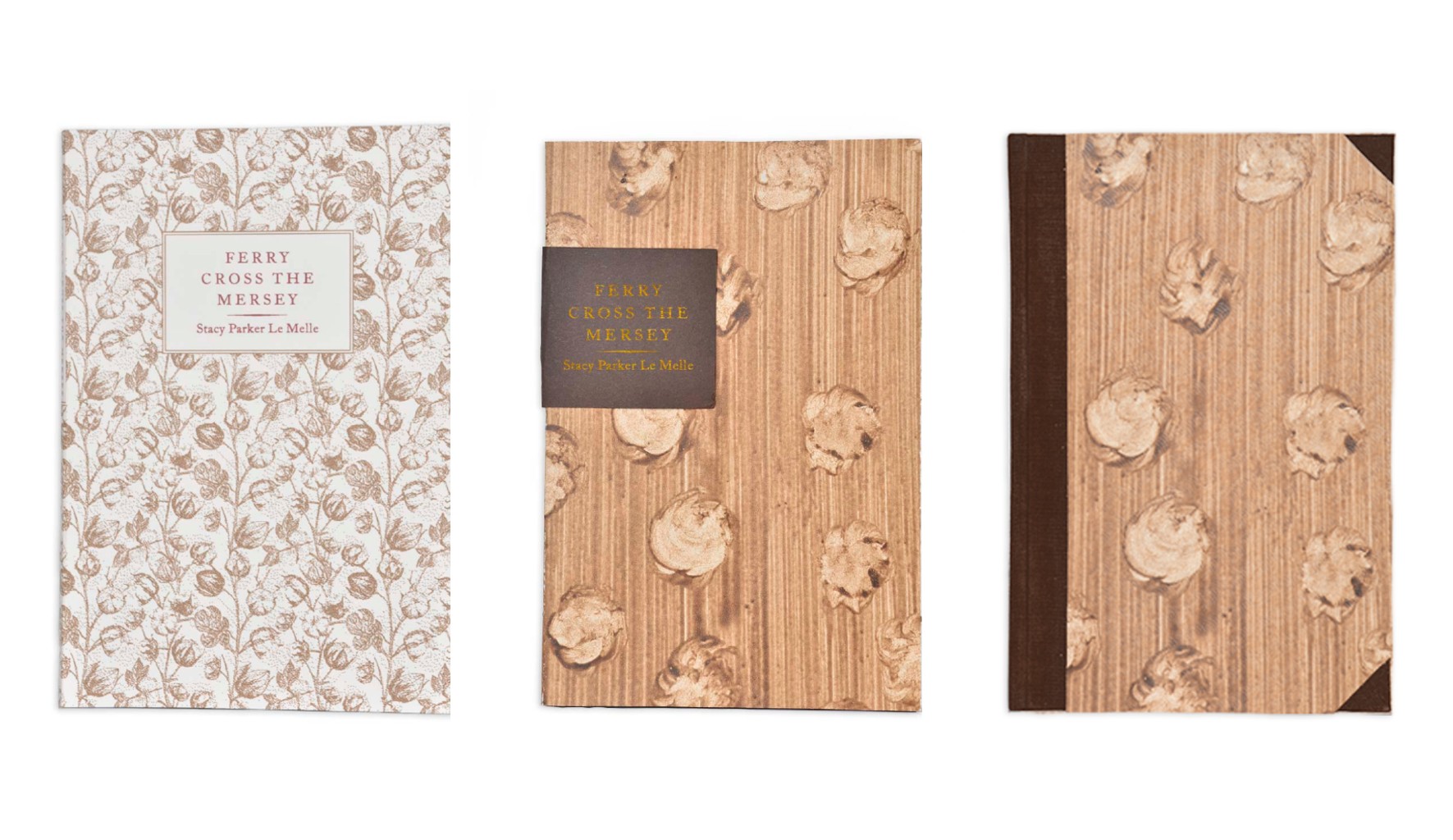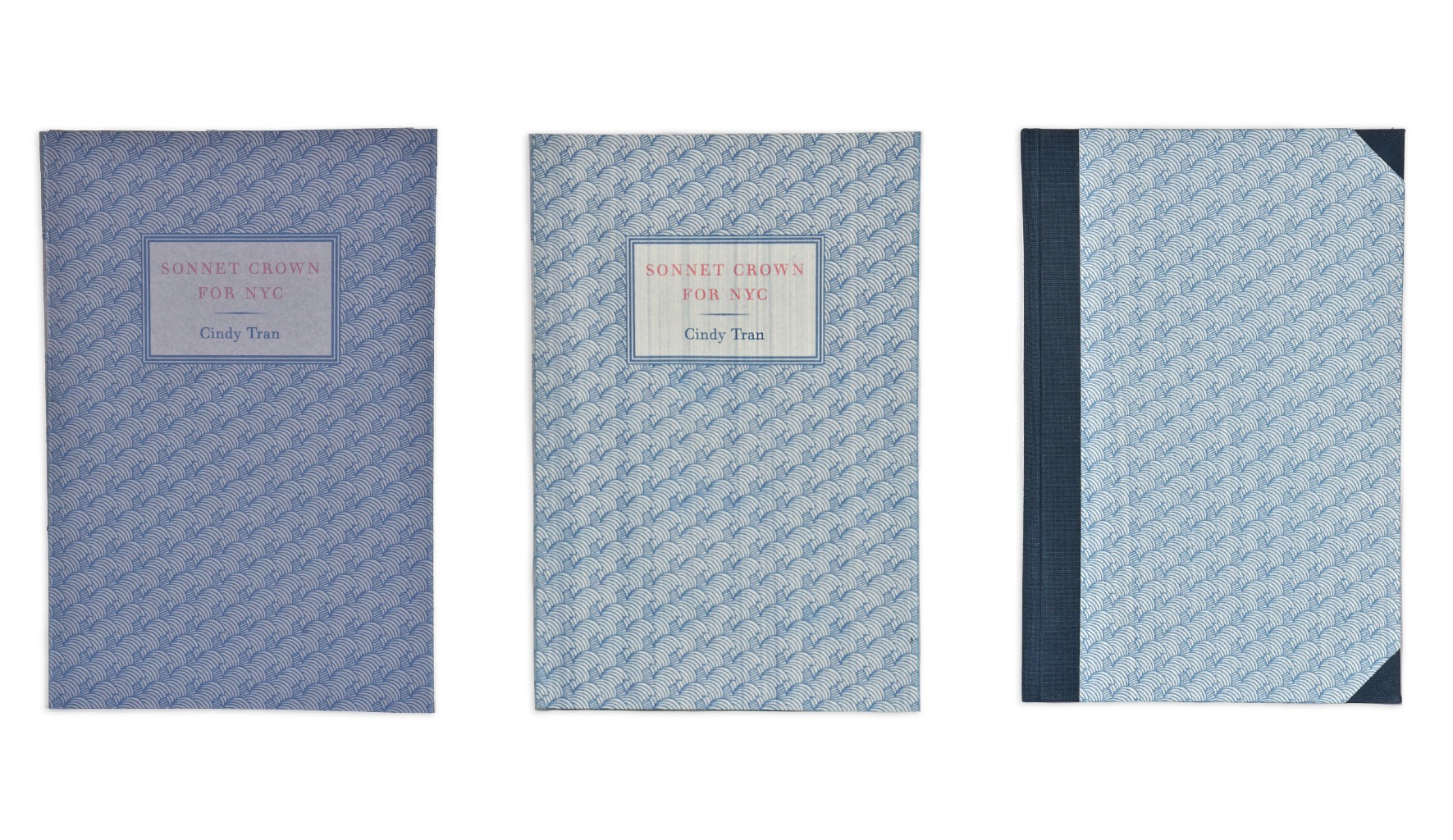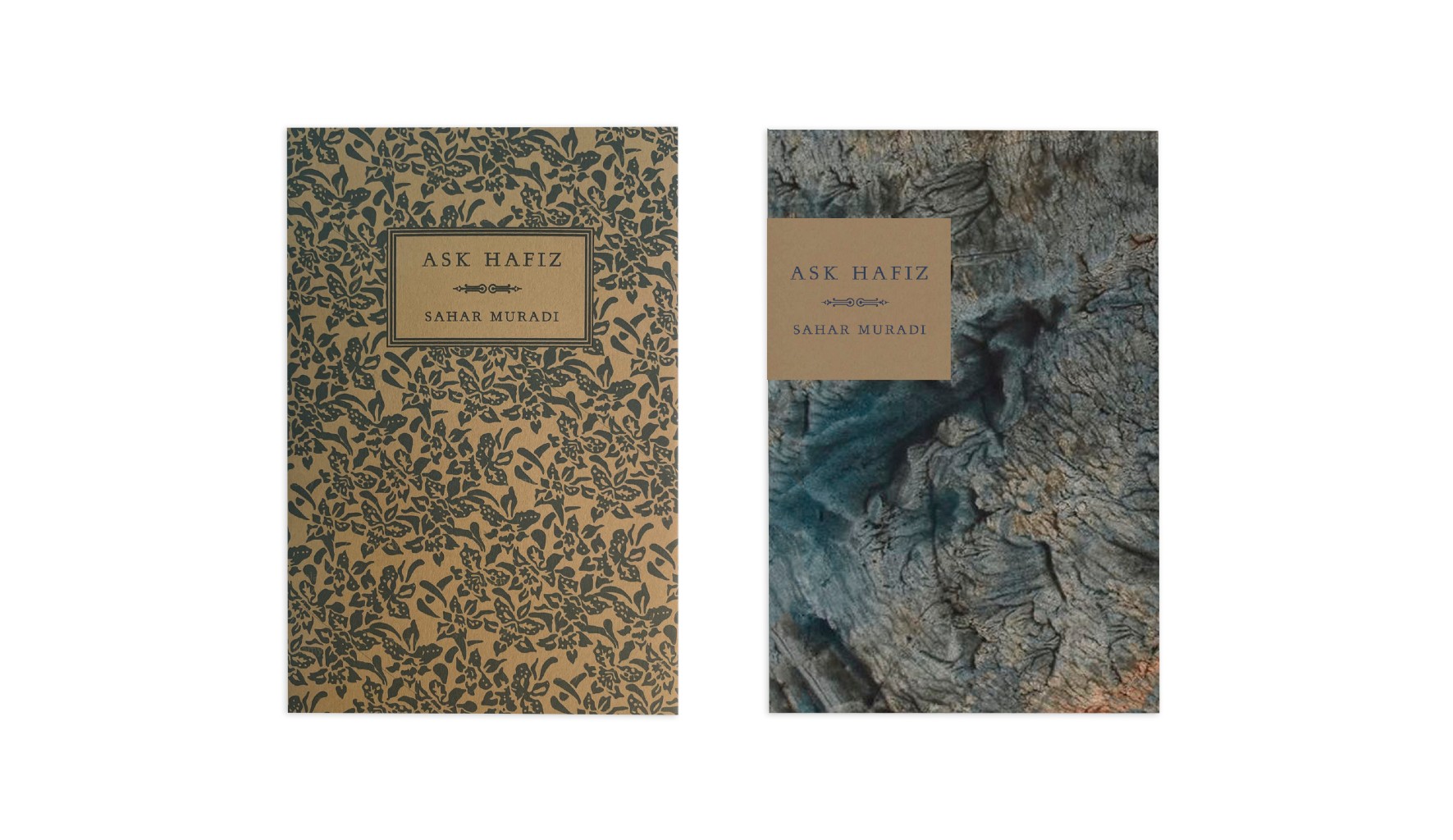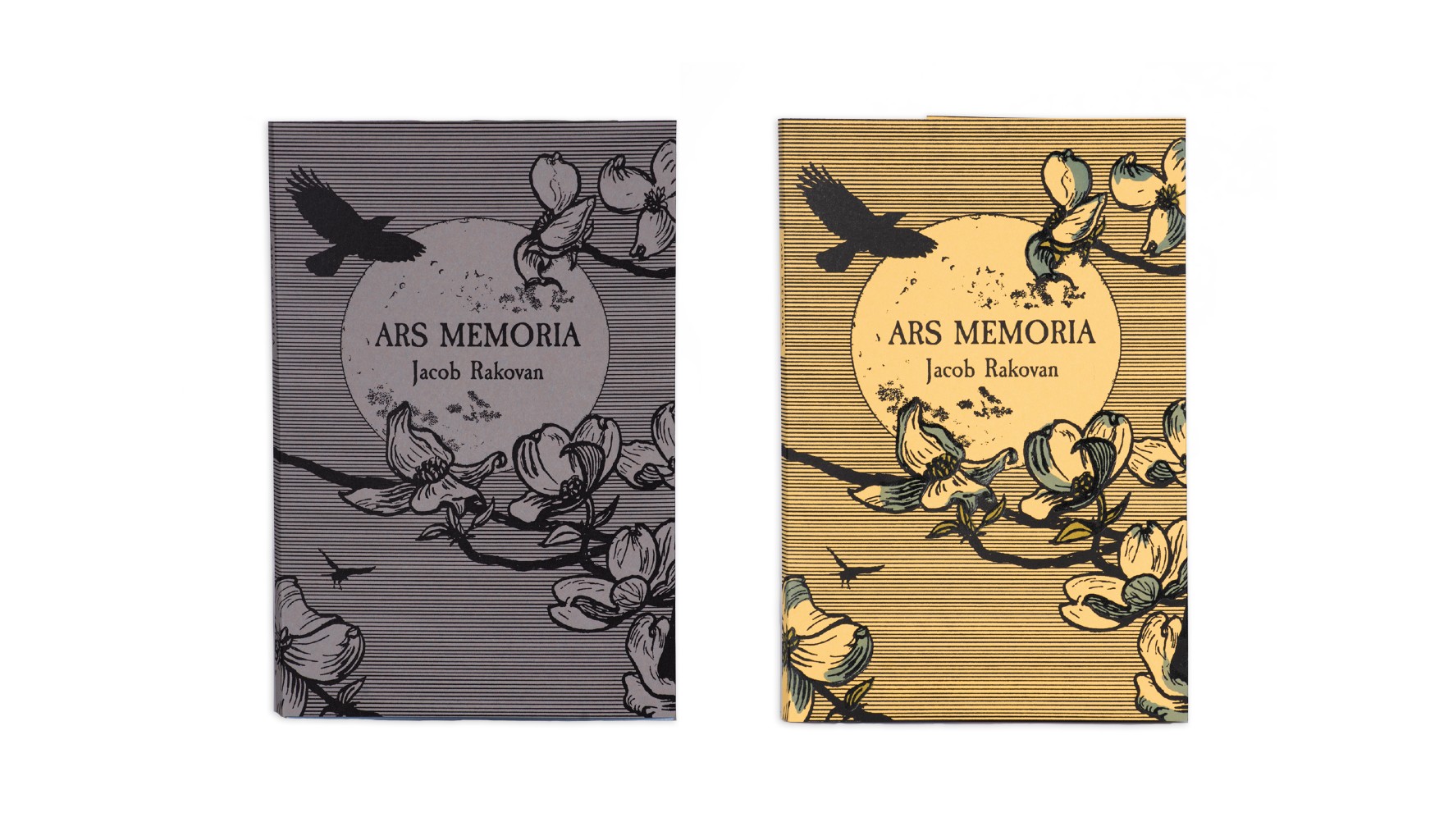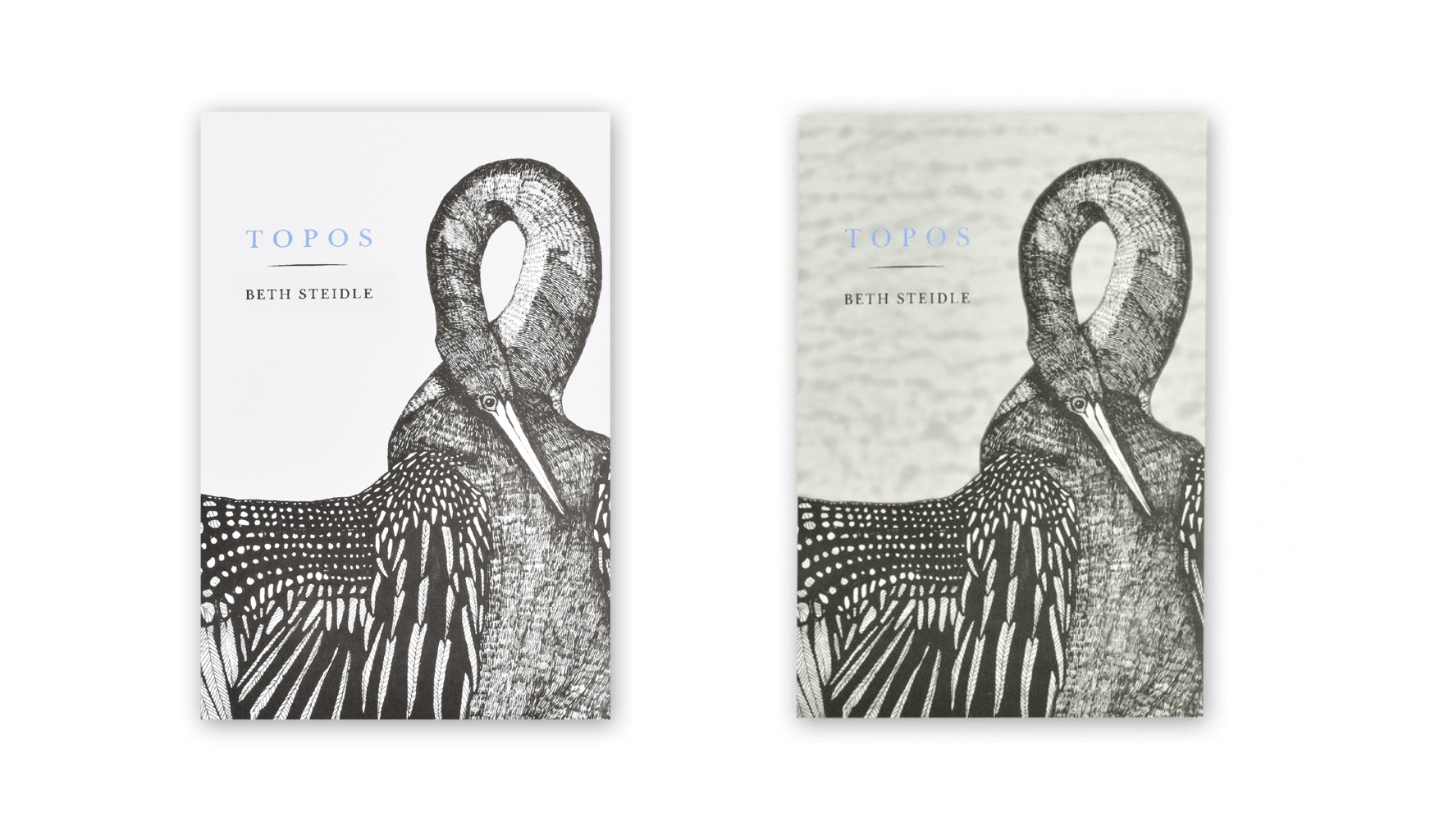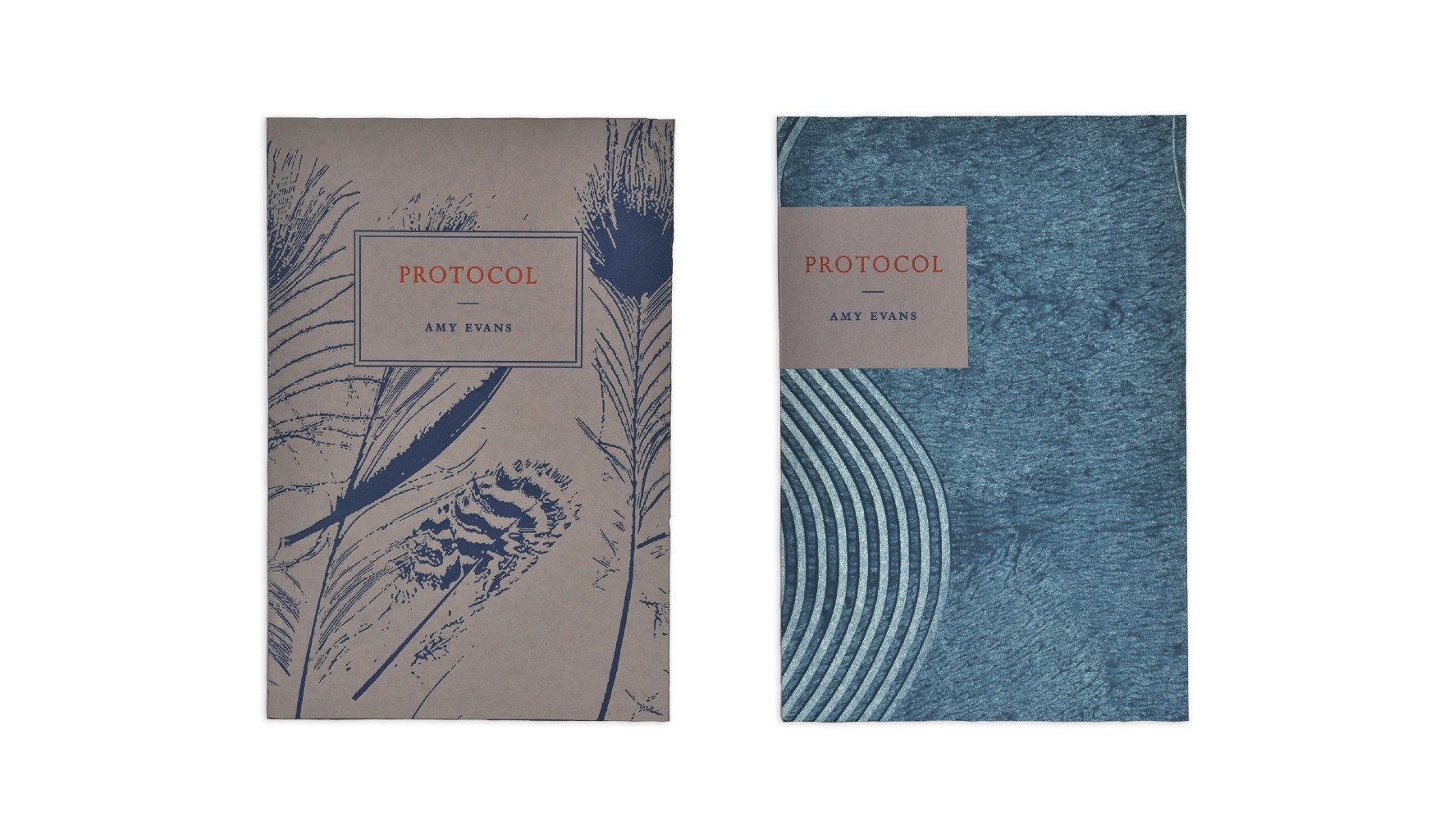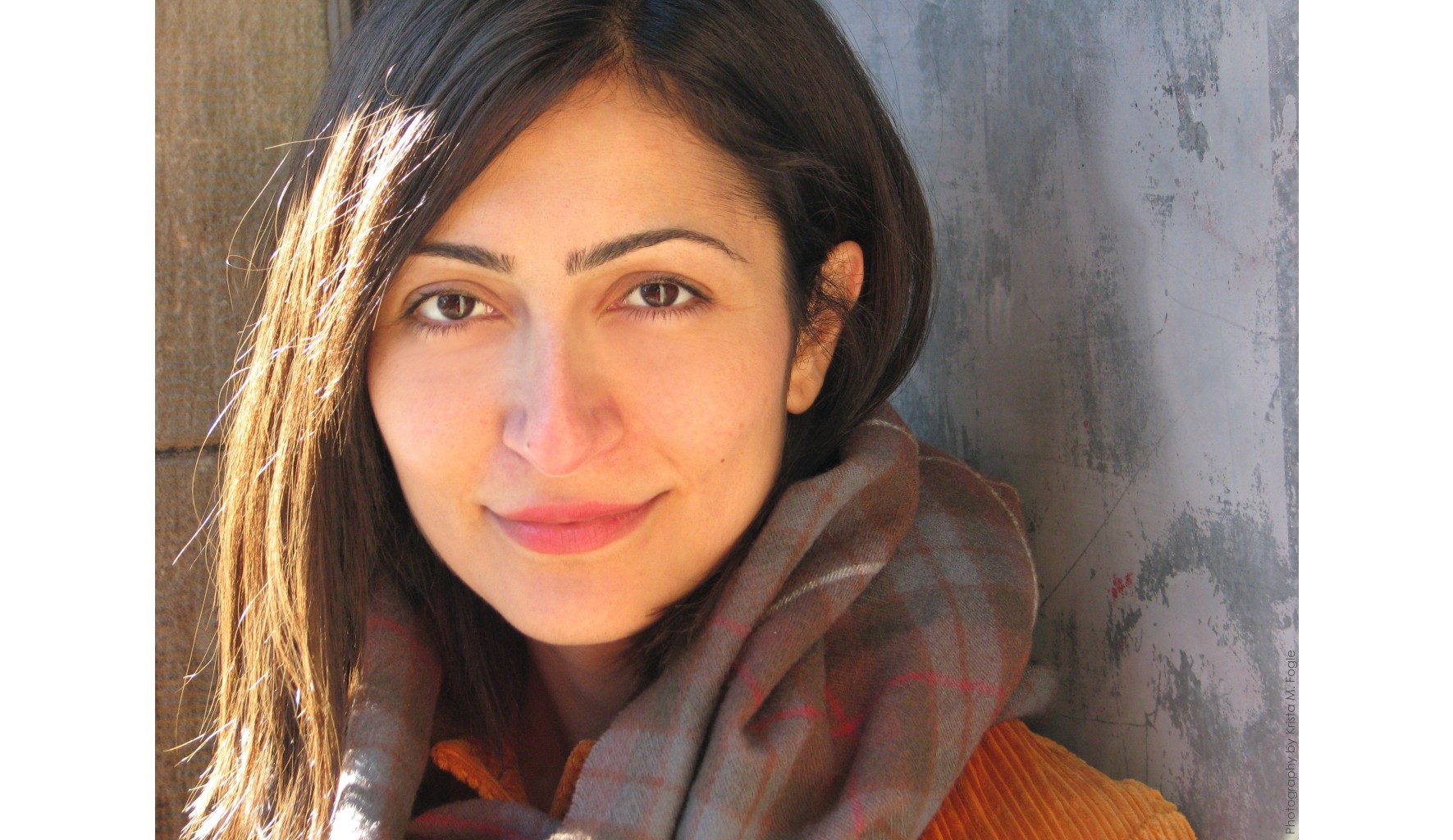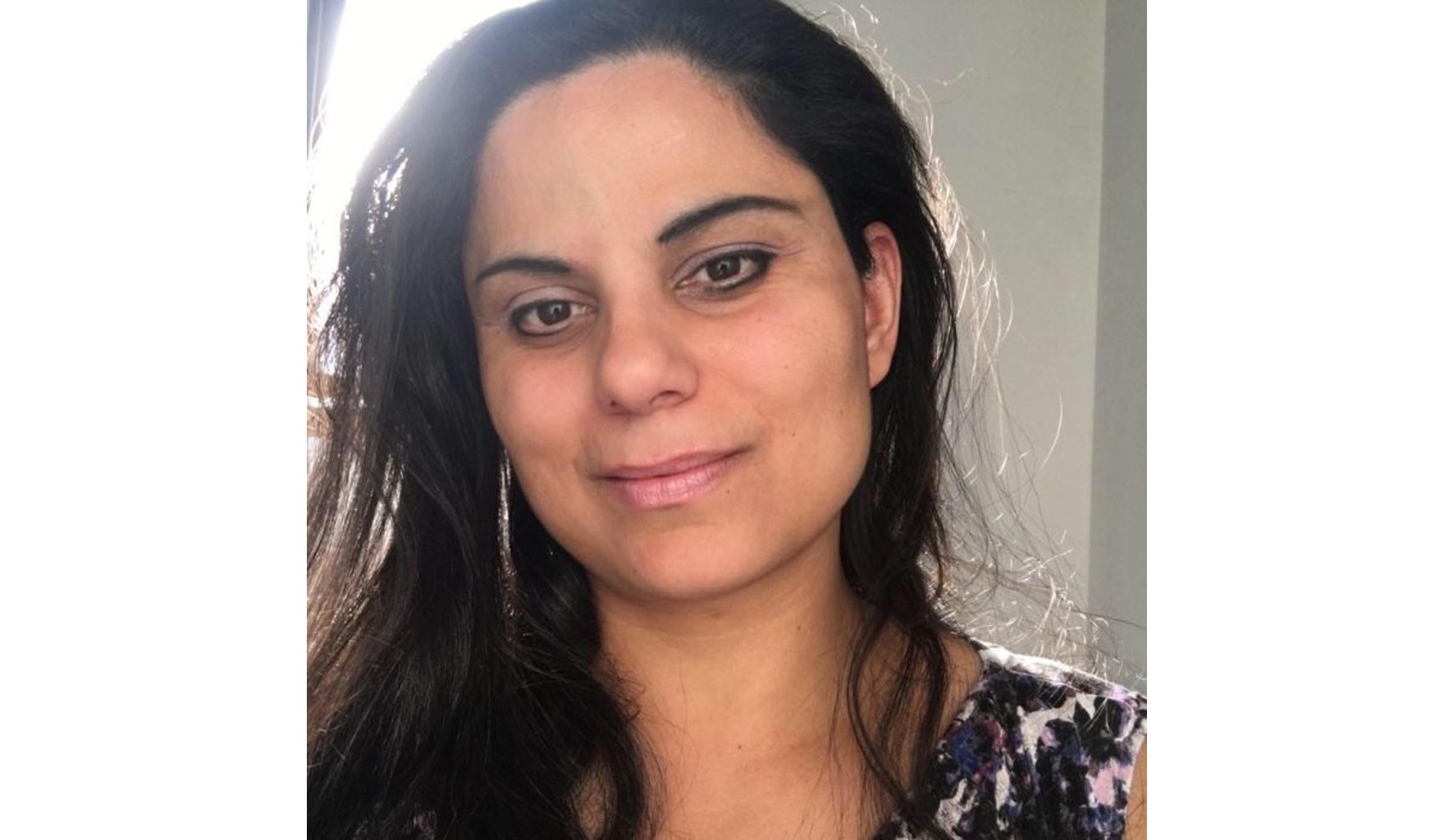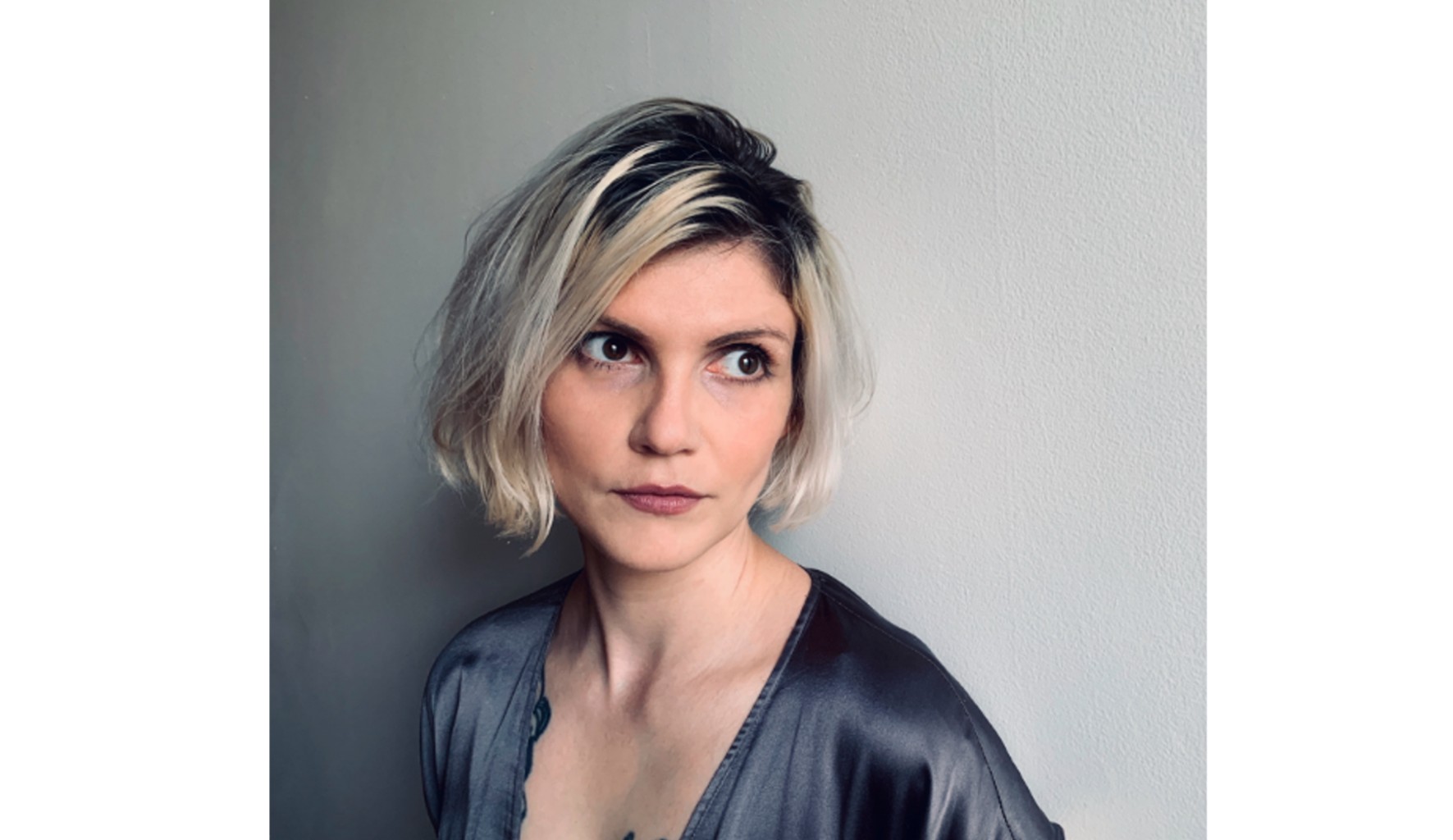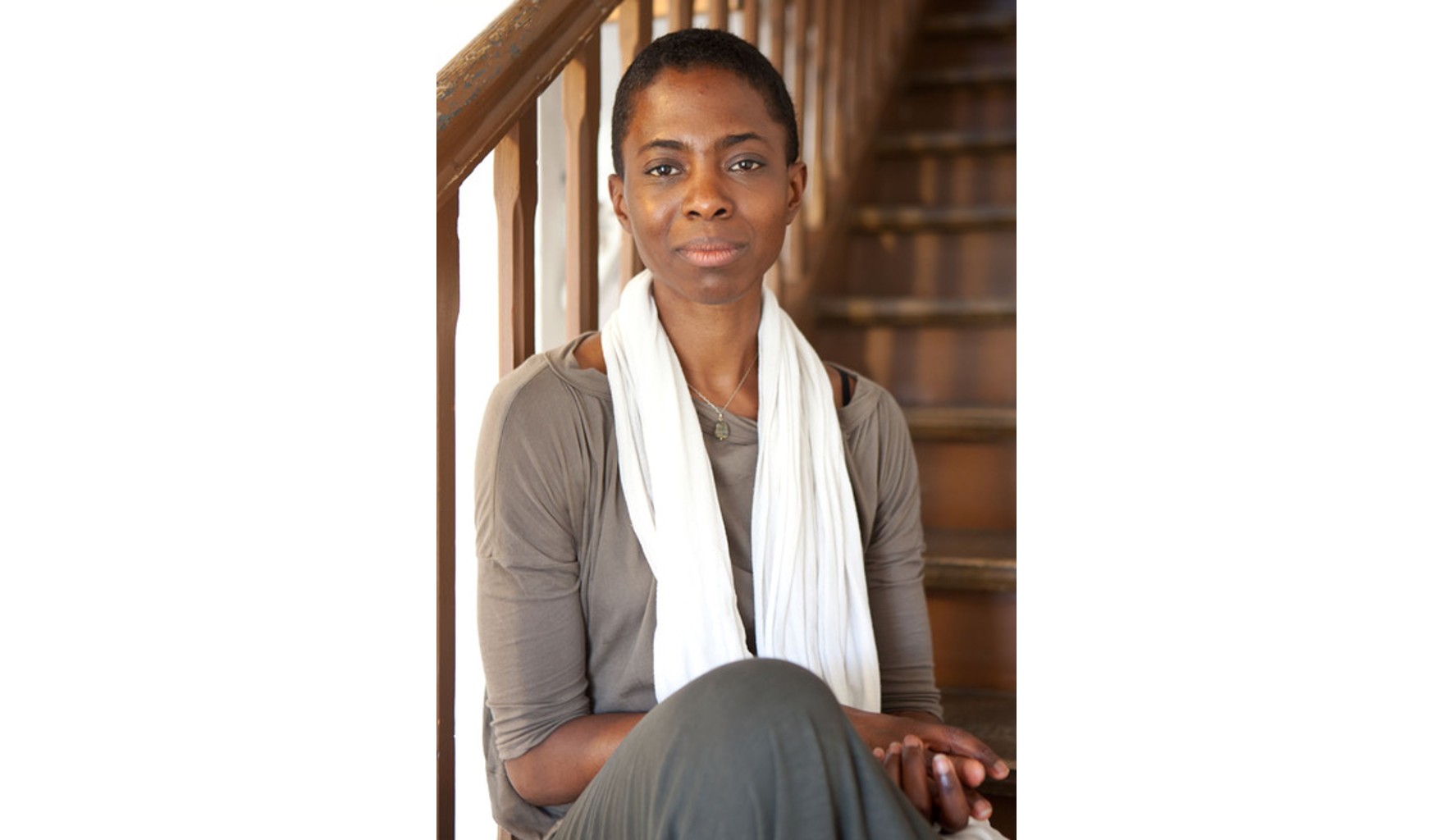In 2020, in collaboration with the New York Foundation for the Arts, Thornwillow Press proudly
introduced the The Thornwillow Patrons’ Prize for Emerging Artists. The Thornwillow Patrons’ Prize
aims to support and catalyze the careers of up-and-coming artists and writers. Winners have their work
published in a beautiful, letterpress printed Thornwillow edition and distributed to subscribers to the
monthly Thornwillow Dispatch, as well as to reviewers, critics, editors, and other opinion leaders in
the literary and art worlds.
Subscribers to the Thornwillow Dispatch at the Patron and Centaur Patron tiers make this prize possible, acting as patrons of our Press and the up-and-coming artists we’re promoting. These tiers are for collectors who, in addition to adding a beautiful volume to their shelves, are interested in supporting Thornwillow’s editorial and artistic mission—to support the publication of important texts in editions that will endure. In recognition of their part in making our work possible, these patrons’ names are included in the “Patrons’ Register,” which accompanies every prizewinning work.
To support the Thornwillow Patrons’ Prize and subscribe to future publications like these, visit www.thornwillow.com/thornwillow-dispatch.
2021 THORNWILLOW PATRONS’ PRIZE WINNERS
Sahar Muradi for “Ask Hafiz“
“Ask Hafiz” is the story of one family’s forced migration, but in its blend of traditional poetry and personal narrative, a kaleidoscopic text unfolds. This is the story of family, of community, and of language itself. The ancient words of Hafiz-e Shirazi, used, paradoxically, to divine the future, create an indelible link across time; a leatherbound book, smuggled across borders and oceans, maintains a precious tie to the faraway homeland.
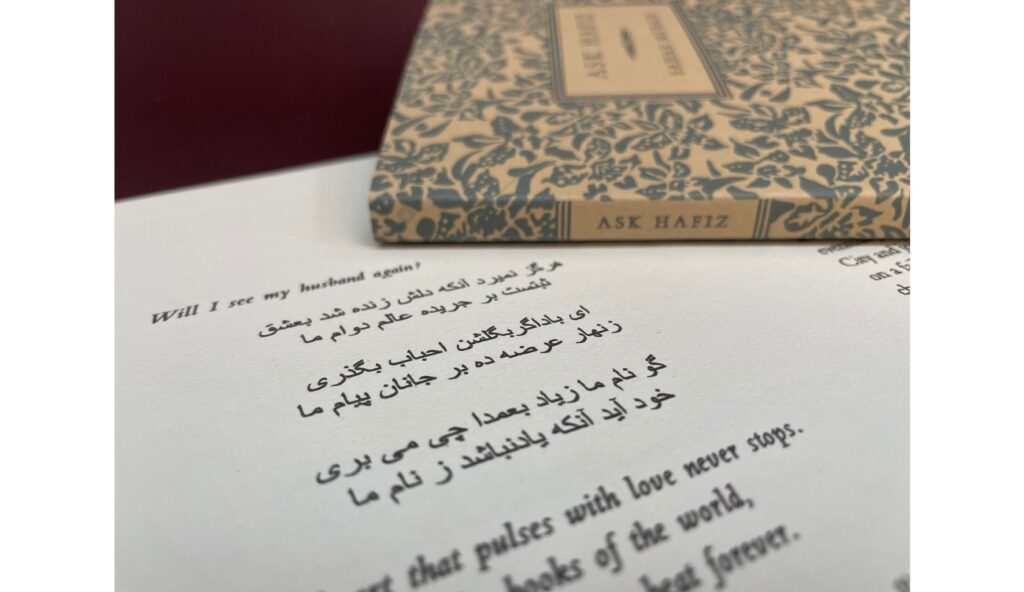
Of the text, Muradi explains: Listening to my parents’ recitations of Hafiz’s ghazals was my introduction to poetry, ultimately leading me to write my own. Consulting his book for my own teenage and adult anguish has been a steady spiritual salve. Soon the original red leatherbound copy from my mother landed back in my hands and in an exhibit on sacred and symbolic items that immigrant artists brought with them to the U.S. Through interviews and storytelling and parallel projects on the role of Hafiz in my life, the story of my family’s migration began to take shape. It was natural then that I returned to Hafiz to literally and metaphorically guide the narrative, as he had our lives.
Sahar Muradi is a NYC-based writer, performer, and educator. She is the author of [ G A T E S ] (Black Lawrence Press), A Garden Beyond My Hand (Belladonna*), co-author of A Ritual in X Movements (Montez Press), and co-editor of One Story, Thirty Stories: An Anthology of Contemporary Afghan American Literature (University of Arkansas Press). Sahar is a founding member of the Afghan American Artists and Writers Association and co-organizer of the community garden reading series “A Garden Variety: Poetry & Prose.” She has been the recipient of the Stacy Doris Memorial Poetry Award, the Himan Brown Poetry Award, a Kundiman Poetry Fellowship, an Asian American Writers’ Workshop Fellowship, as well as a finalist for the NYFA Poetry Fellowship. Her work has appeared in numerous anthologies and literary journals, including Poetry Magazine, BOAAT Journal, and Halal If You Hear Me. She has an M.F.A. in poetry from Brooklyn College, an M.P.A. in international development from NYU, and a B.A. in creative writing from Hampshire College. Sahar directs the arts education programs at City Lore and dearly believes in the bottom of the rice pot.
Cindy Tran for “Sonnet Crown for NYC“
From beginning to end, “Sonnet Crown for NYC” is an intimate celebration of New York City. Its 15 interwoven sonnets are rooted in Tran’s own interviews with business owners across all five boroughs. Though each of the business owners have deep and resonant backgrounds, what they share in common is their constant work during the pandemic to support their families and serve their communities.
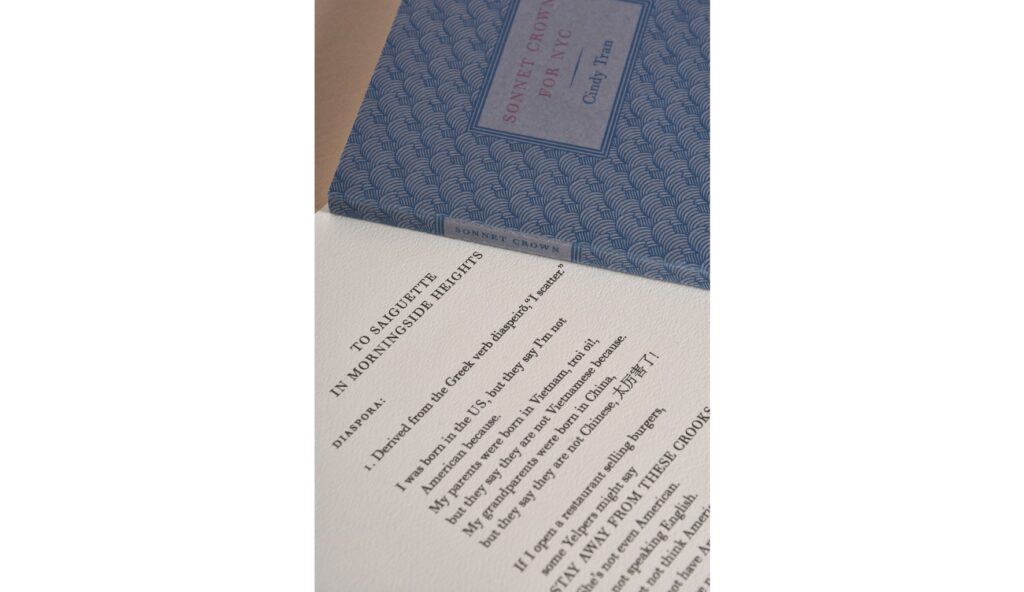
Of “Sonnet Crown for NYC,” Cindy says: In early 2020, I anticipated several waves of the pandemic and began imagining the stories that would never be told. I also began reimagining the sonnet crown and wanted to make poems move through the sequence the way we move through our lives, through each others’ lives, and through the world. Before writing “Sonnet Crown for NYC,” I was reading about different types of sonnet sequences and became struck at how crown comes from the Latin corona. The pandemic took so much away. For me, the crown of sonnets was a way to give a little life back.
Cindy Tran is a 2020 NYSCA/NYFA Artist Fellow in Poetry. A recipient of fellowships from The Poetry Project, The Loft Literary Center, and Brooklyn Poets, her work appears in SLICE Magazine, AAWW’s The Margins, and Copper Nickel, which awarded her an Editor’s Prize. Most recently, The Shed commissioned Cindy Tran’s film, Sonnet Crown for NYC. Tran drew inspiration for this film and its sonnets—which are also featured Part One of this volume—from Yelp reviews she began writing in the form of poems in Minneapolis in 2012. This was a practice she continued when she moved to New York City in 2015, and many of her Yelp poem-reviews are included in Part Two of this volume.
Stacy Parker Le Melle for “Ferry Cross the Mersey“
“Ferry Cross the Mersey” is an essay that journeys through memory to interrogate what and who we remember. Le Melle approaches issues of identity, racism, and power with an unmatched reverence and honesty while also paying tribute to the countless ways we are connected: by water, by music, or by family love expressed through songs.
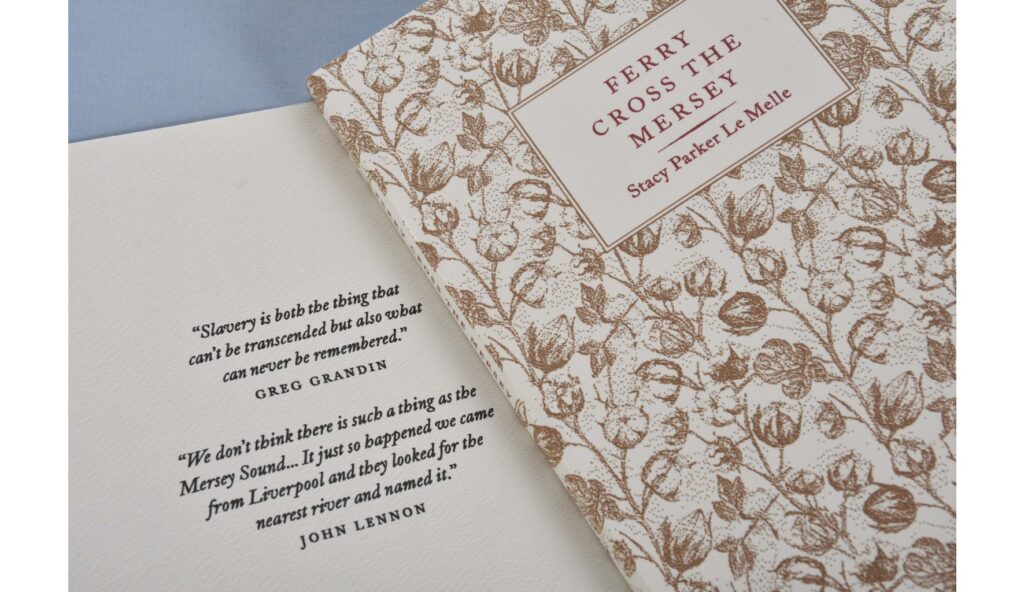
Of the text, Le Melle explains: I study history and I’m walking through fog and I have to keep waving it away. I think I hold truth and I hold mud and there is truth in mud but it is slippery. In this essay, I write about how we’re connected through music and history and water. I don’t ride a ferry but I search the internet and I can read and listen. The music is Arthur Alexander, The Beatles, Aretha and more. The history is slavery, migration, cultural theft and sharing, generations of creation. The question is, how do we make amends for past harm? I am trying to wave away the fog long enough to see. I am trying to show respect to the mud.
Stacy Parker Le Melle is the author of Government Girl: Young and Female in the White House (HarperCollins/Ecco) and was the lead contributor to Voices from the Storm: The People of New Orleans on Hurricane Katrina and Its Aftermath (McSweeney’s). She chronicles stories for The Katrina Experience: An Oral History Project. In 2020, she was named a NYSCA/NYFA Artist Fellow for Nonfiction Literature. She co-founded and curates Harlem’s First Person Plural Reading Series.
2020 THORNWILLOW PATRONS’ PRIZE WINNERS
Beth Steidle for “Topos“
In this poignant and beautiful illustrated poem, Steidle blends her skills as both an artist and writer to present a haunting reflection on life, death, and movement on the Rio Grande in “Topos.”
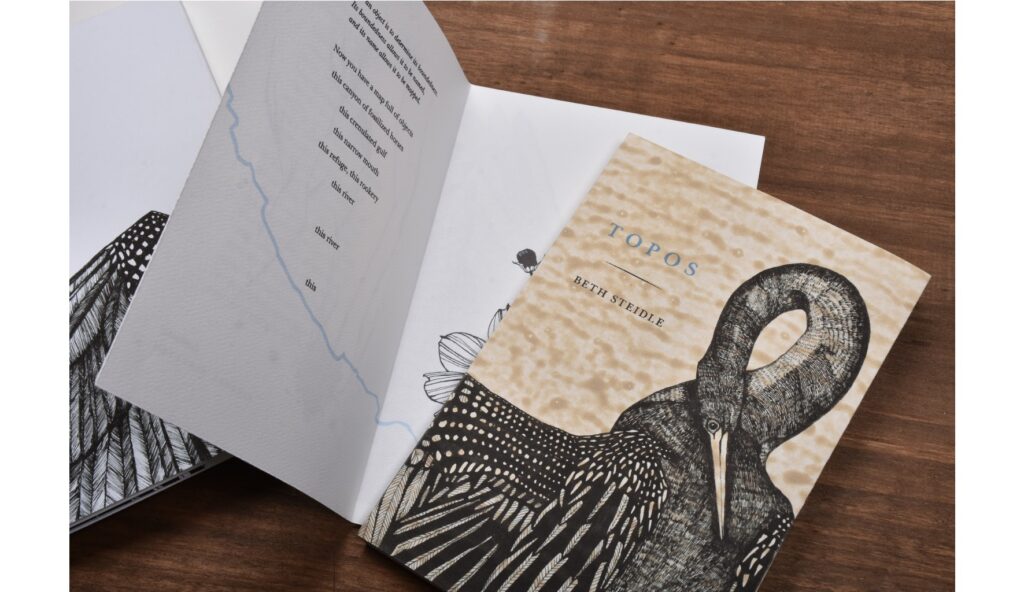
Beth Steidle is a writer, illustrator, book designer, and the author of The Static Herd. Her fiction, nonfiction, and poetry have also appeared in Gulf Coast, Fairy Tale Review, Spoon River Poetry Review, DIAGRAM, Drunken Boat, and Indiana Review. She is the recipient of a Pushcart Prize nomination and a poetry fellowship from the New York Foundation for the Arts.
The Thornwillow Patrons’ Prize offers something rare and valuable—the opportunity to have your work transformed into a gorgeous physical object. Using carefully curated materials and meticulous craftsmanship, Thornwillow Press elevates book-making to an art. Seeing my project treated with such thoughtfulness and respect, and being given what is easily the most beautiful book on my shelves, has been enormously rewarding.
Beth Steidle
Amy Evans for “Protocol“
“Protocol” makes up one part of a larger project exploring the challenges of growing up a “first-generation integrationist” and the strategies Evans’ family forged to ensure her survival. As a stand-alone piece, “Protocol” is a moving account of catastrophic loss—the moment when the author’s life “went from full color to black and white.” Though the events she narrates took place nearly 30 years ago, her powerful portrayal of grief and survival in the face of tragedy strikes a particular chord today, as people the world over face the unmitigated truth of life and loss.
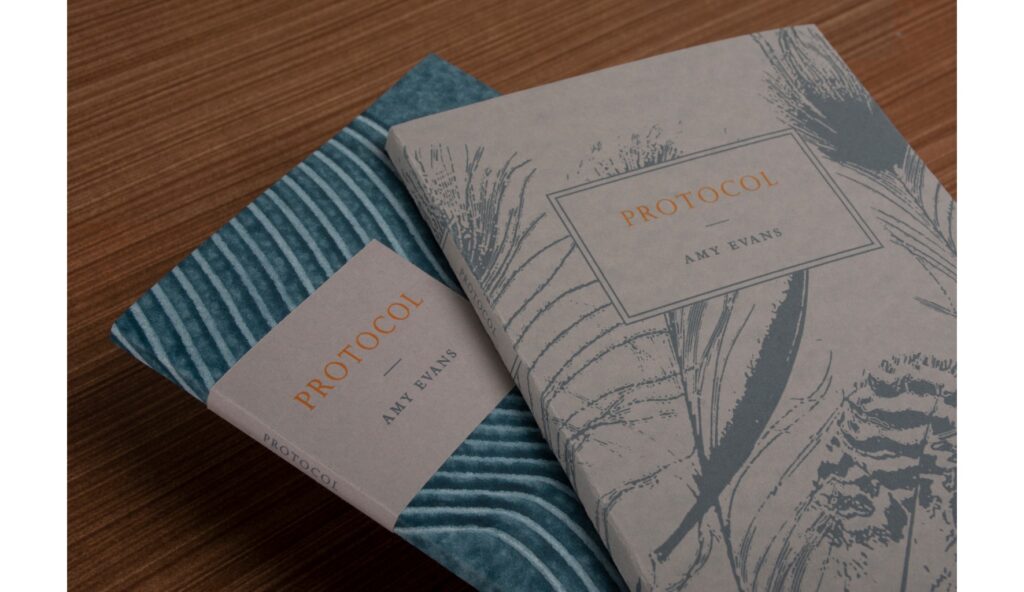
Amy Evans is a writer and educator based in Brooklyn, New York. Her plays include Achidi J’s Final Hours (Finborough Theatre), Many Men’s Wife (Tricycle Theatre), The Next Question (HB Playwrights Foundation), The Big Nickel (Soho Theatre), and The Most Unsatisfied Town (English Theatre Berlin International Performing Arts Center). Her latest play The Champion, inspired by the life of the legendary Nina Simone, world premiered at TheatreSquared in Fayetteville, Arkansas, in October 2017 under the direction of Reginald Douglas and starring Joy Jones. Amy has given workshops at a number of institutions, among them Humboldt University and the Institute of Cultural Inquiry Kulturlabor in Berlin, and is an alumna of Hedgebrook Women Writers’ Residency, BRICStudio Performing Arts Residency, 651 Arts’ Artist Development Program, and Interstate 73 Playwrights’ Group. She has written for Shelterforce Magazine, and her plays and poetry have appeared in anthologies and academic publications in Germany and in the UK. Amy holds an MA in Theatre Arts from Goldsmiths College, University of London. She is currently working on Jet Fuel, a new play about sex, gender, and the construct of “fairness” in elite sports, and a memoir about integration and Black women’s mental health.
Seeing the books for the first time took my breath away. It’s one thing to have your writing published – writers dream of it, strive for it, and celebrate when it happens—but it’s quite another to see your words preserved in such a fine manner, the process of publication itself a work of art. The Thornwillow Patrons’ Prize offers emerging artists the invaluable opportunity to have our work introduced to readers in key literary circles and the art world. But the Prize furthermore serves as a reminder that storytelling is ancient, as ancient as papyrus, and when we tell our stories, we join a tradition that stretches as far as the human imagination—an extraordinary honor.
Amy Evans
Jacob Rakovan for “Ars Memoria“
Illustrated by Herb Roe
In this illustrated cycle of elegiac poems, composed at the beginning of the COVID-19 crisis, Rakovan employs “ars memoria”—a technique used much in classical rhetoric for “storing” information within places both real and imagined, as well as in the generation of new texts—to address a friend recently lost to addiction. Rakovan writes, “As the ‘boy’ of the poems, he serves, in a larger sense, for that large cohort of mine destroyed by the systematic destruction and neglect of Appalachian people. The alchemical process of death and rebirth, of refinement in fire is here applied as an almost funerary text, grieving the lost ‘boy’ of Appalachian youth, the lost places of Appalachia itself and recognizing the beginning of the larger historical moment.”
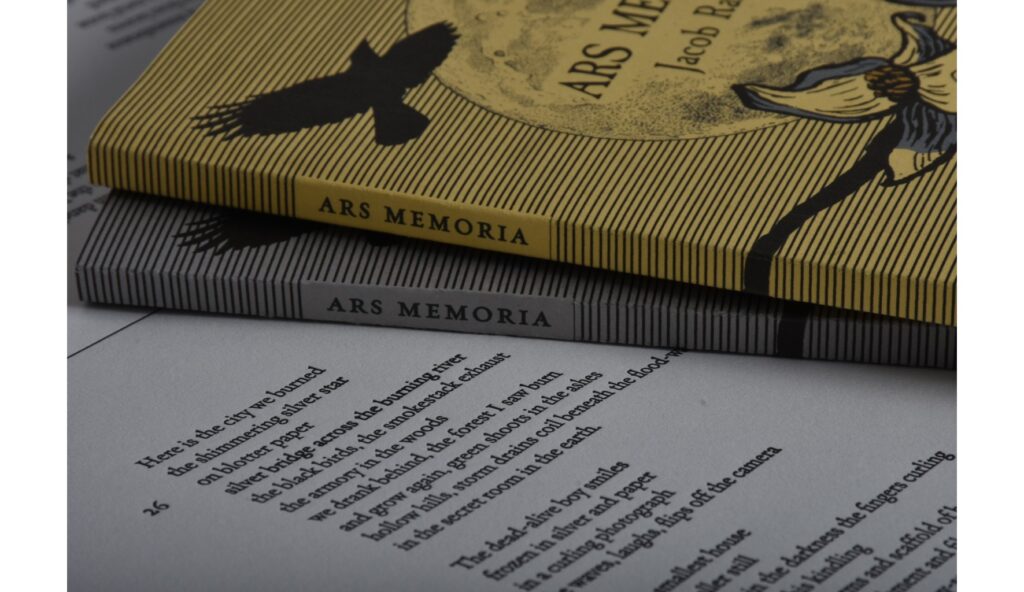
Jacob Rakovan is an Appalachian author in diaspora. He is the author of the poetry collection The Devil’s Radio (Small Doggies Press), a National Endowment for the Arts Fellow in Poetry, and a New York Foundation for the Arts Fellow. He is co-curator of the Poetry and Pie Night Reading Series in Upstate NY and is co-owner of the Spirit Room.
The books are beautiful. The heavy paper stock, the hand stitching, the quality of reproduction, they elevate the book from an object to a piece of art. I would be overjoyed to work with Thornwillow again.
Jacob Rakovan

